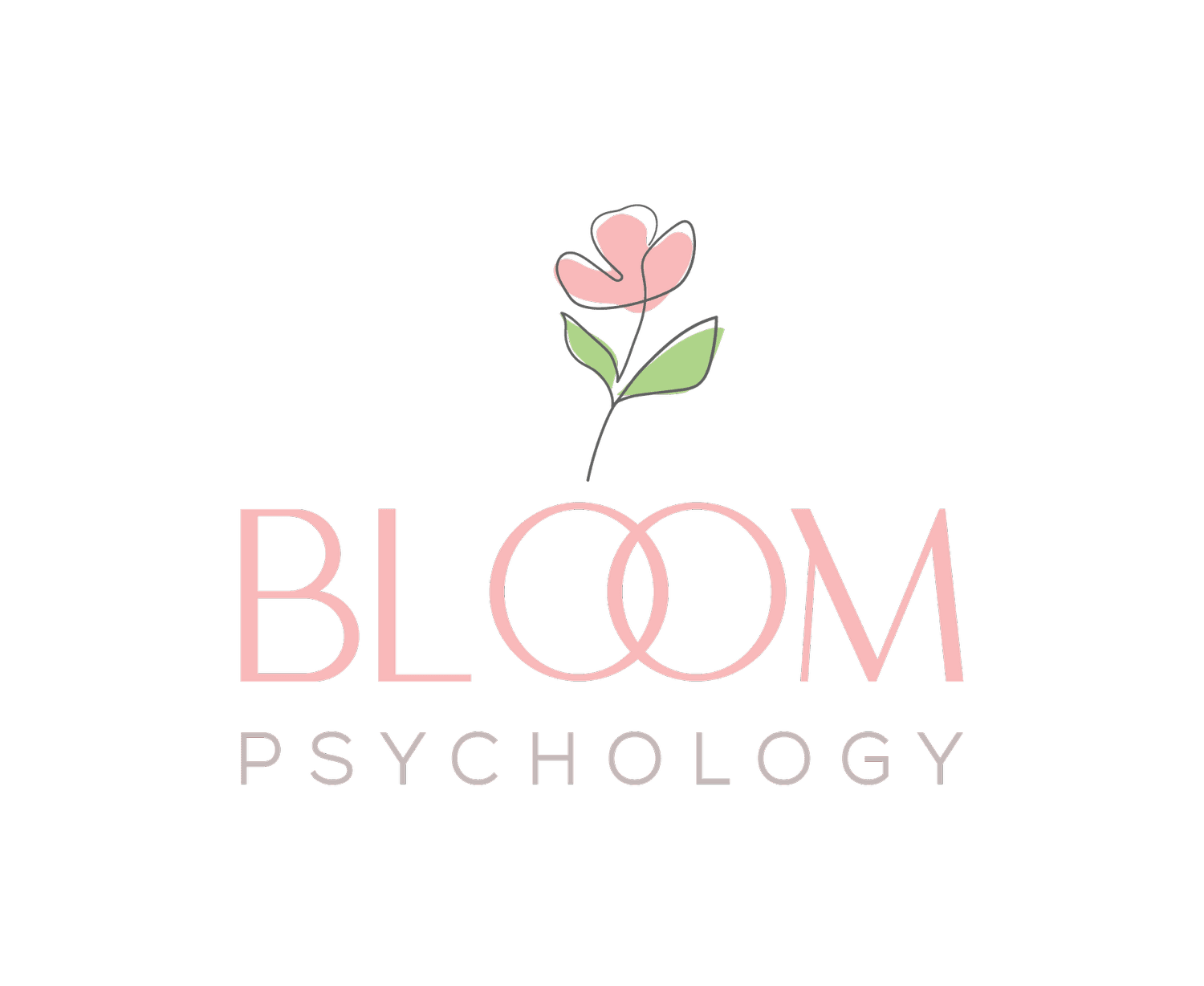
Postpartum Identity Crisis: Grieving Who You Were Before Baby
You look in the mirror and don't recognize yourself. Your career, your friendships, your body, your relationship—everything has changed. If you're grieving the person you used to be, that's not ungrateful. It's human.
Read Full Article→




